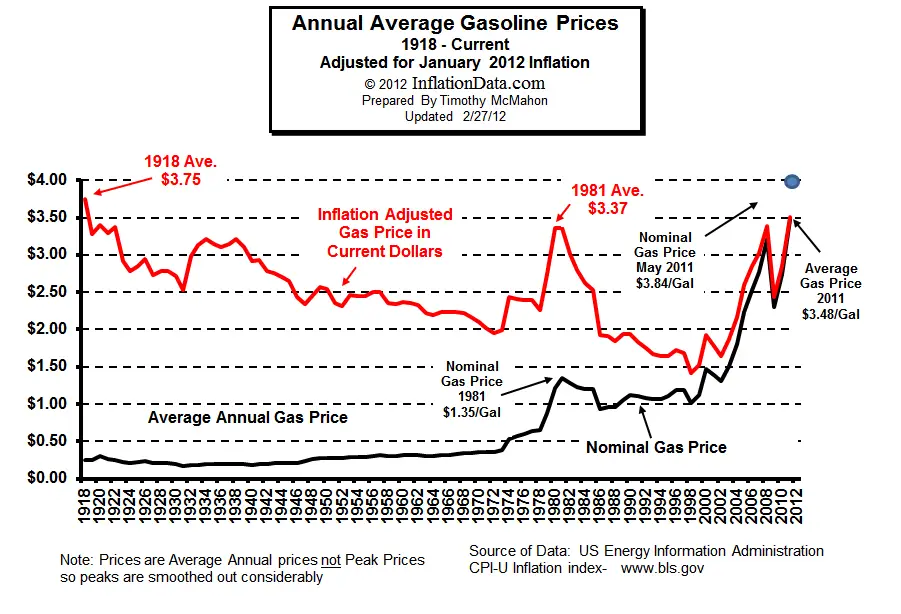
Railroad travel for civilians and soldiers and sailors on leave was a lot like the picture in the poster. Gasoline and tire rationing brought highway travel to a halt.
Soldiers on troop trains, though, didn't have to read the posters. They didn't have to decide whether the trip was necessary. Someone else decided.
They didn't get to tell anyone where they were going or on what schedule. They didn't know themselves, and weren't allowed contact with anyone not on the train. Army censors read every letter and telegram before it went and excised classified information - or for that matter, any information at all. Especially about troop movements. After all, as the poster warned, "Loose Lips Sink Ships."
On September 1, 1942, 27th Air Depot Group's troop train arrived in San Francisco and the soldiers boarded the ship that would take them to Australia or wherever else the army decided to send them.
My stepfather asked permission to send a telegram. Western Union. His lieutenant referred him to the unit censor, who was also the chaplain. "Only for emergencies," the chaplain explained. "I just want to let my wife know of my promotion," my stepfather explained. The chaplain agreed.
The telegram said, "I made master sergeant today."
My mother received the telegram and got the real message: "He's going overseas today." She knew he would be promoted the day the ship left.





